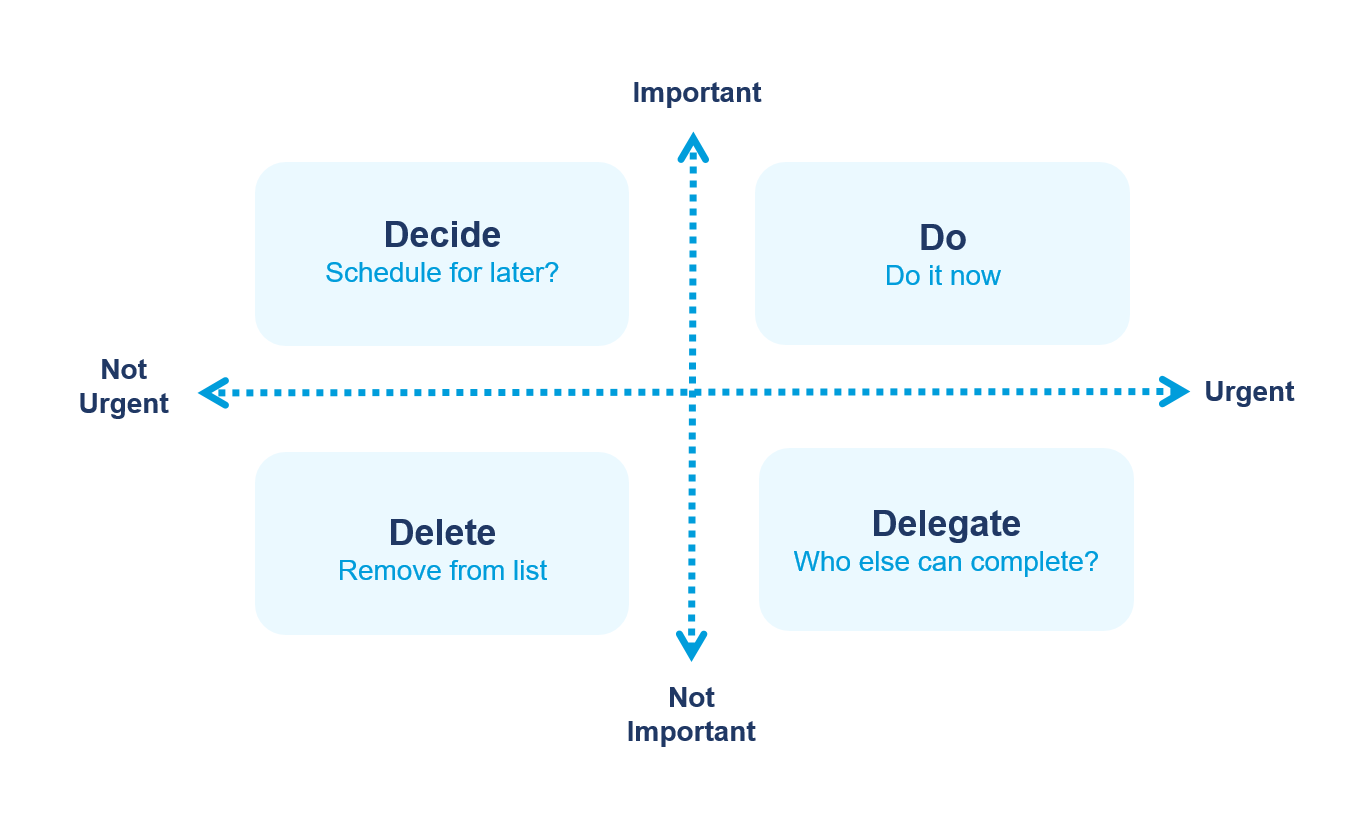- September 14, 2022

Are you often busy, but look back and wonder where all the time has gone? Do you feel that you are spending a lot of time on something but not getting much done?
We’re in a constant rush and it feels like no-one has ‘free time’ to do anything. We run late for meetings, grab lunch on the go (if at all) and spend significant amounts of time commuting to-and-from work. It’s become a hallmark of our culture in both a work and personal capacity; life seems to only get busier. A lot of people consider the word ‘busy’ as a badge of honour.
After all, if you’re busy, you must be doing something right? But is being constantly ‘busy’ sustainable? Probably not. When embarking on projects with clients, we typically discover that around 40% of time is classed as ‘hidden wastage’ where teams are ‘busy’ but not necessarily adding value.
So how can we break this cycle of being perpetually busy but getting nowhere? It all comes down to learning how to work smarter, not harder. This requires understanding which tasks are truly important and urgent, and which ones can be put on the back burner.
Stephen Covey’s ‘The 7 Habits of Highly Effective People’, suggests tasks should be categorised and prioritised according to importance and urgency.
Ask yourself:
-
- Is this a pressing priority? Is there an upcoming deadline that comes with consequences if it is not finished on time? If so, this is urgent and important. These tasks should be completed first.
- Is it a crucial priority? Something that must be done, but with no pressing deadline? If so, this would be classed as important but not urgent. Make time to get these tasks done without interruption.
- Prime candidates for delegation are urgent but are an unimportant
- Is it a non-obligatory priority? No consequences if not completed? These tasks would be classed as neither urgent or important and should be placed at the bottom of your to-do list or removed.

One of the best ways to work smarter is to keep a daily or weekly task list. This list should include only those items that are essential to complete. Anything that can wait or that isn’t truly important should be left off the list.
Take one thing at a time and stop multi-tasking! Concentrate on the one thing that will deliver results first to build momentum and focus. Distractions are the enemy of productivity, so wherever possible, eliminate them!
Another way to work smarter is to delegate tasks whenever possible. If you have staff members who can help with certain tasks, let them! Delegating will not only lighten your load, but it will also give others a sense of responsibility and ownership.
Finally, make sure to take breaks throughout the day. Working non-stop is not only unhealthy but it’s also unproductive. Breaks will help you to clear your head and come back to tasks with fresh energy.
Working smarter doesn’t have to be difficult – small changes can make a big difference. Try implementing some of these tips into your daily routine and see how much more productive you can be. Next time you’re feeling overwhelmed, take a step back and ask yourself if you’re being productive or just busy. Chances are, you can make some changes to your routine to be more effective with your time. And that will lead to a much better feeling at the end of the day!
